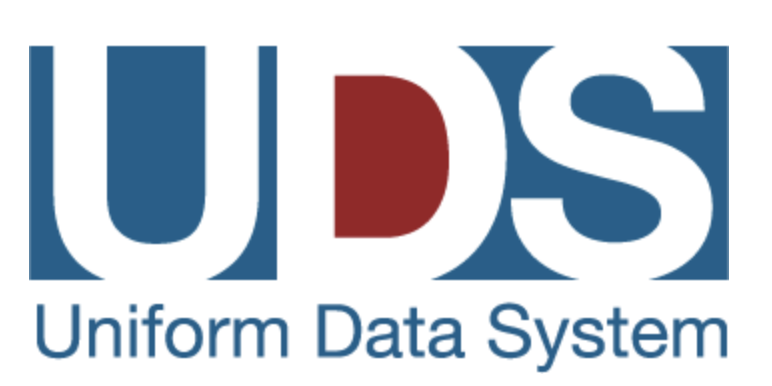With the uncertain state of the world right now, i’ll bet starting a Chronic Care Management (CCM) program - or any new program, for that matter - in your FQHC is the last thing on your mind.
And for good reason - We’re all just trying to survive, right? Who starts something new when they’re in survival mode?
But what if I told you that adopting a Chronic Care Management Program would improve your patient outcomes and increase your revenue, with no financial risk to your health center?
The infographic below will explain why NOW is actually the PERFECT time to start offering Chronic Care Management Services in your FQHC, including how doing so will benefit your patients and your health center’s bottom line.
















